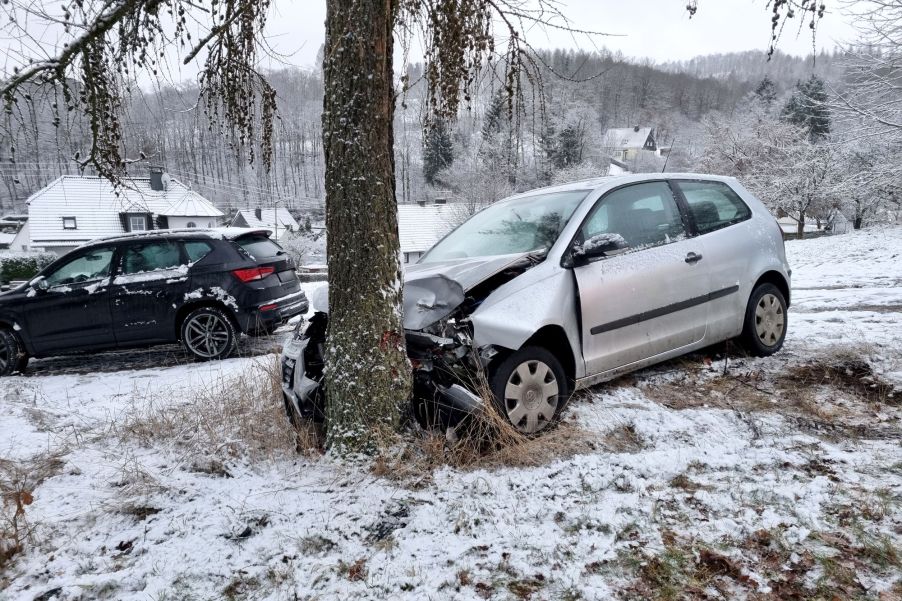
What Should You Do If You Witness a Car Crash?
While most drivers have been in a car crash, not everyone has witnessed one and is in a position to do something about it. Even people who have been in a car accident or crash may not know what to do when a car jumps the curb right in front of them. In the heat of the moment, you may have powerful instincts to act in a certain way. However, it’s imperative to understand what you should and shouldn’t do when you witness a car accident, as there can be life-altering consequences for making a mistake.
What to do in case you witness an accident

The first thing you need to do after witnessing an accident if you’re in your car is pull over and park at least 100 feet away. Put your hazard lights on, then dial 911. Assess the scene’s safety as you let the dispatcher know where you are and the details of the crash. If the car is safe to approach, you should render medical aid if you are trained to do so. If not, offer emotional support until emergency services arrive.
In minor accidents, you should instruct or help the driver put the car in park and cut power. You can also help move the car to a safe location so emergency responders can get to them and other vehicles can pass. If you have them, put up emergency flares so passing vehicles slow down and don’t make the accident worse.
When the police arrive at the scene, provide a factual account of what you saw and your contact information. Avoid exchanging information directly with the parties involved in the accident. Legal authorities and claims investigators will follow up with you in the days ahead. If either party has your contact information, they may try to get you to change your story to suit their narrative. As long as your contact information is contained in the police report, you’ll be able to help the victim receive justice and compensation.
What you should not do in case of a car accident
Despite your instincts, carefully assess how safe the scene is for you before you rush over to help. Also, GEICO recommends never assuming others have called 911. Many people are prone to whip out their cellphone to record the incident, so if you’re one of the first on the scene, use your cellphone to get help.
You want to be careful about rendering aid, especially if you are not trained in emergency medical techniques. In general, there is no legal duty for a witness to render assistance. You could potentially hurt the person or people you’re trying to help if you’re untrained, have not practiced first aid techniques in a long time, or the first aid items in your emergency roadside kit are depleted.
All 50 states have some form of a Good Samaritan law that shields you from legal claims an accident victim tries to pursue if you hurt them while trying to help. However, these laws vary by jurisdiction in how much protection you’d receive. And even the states with the tightest legal shields don’t prevent a victim from bringing a case against you, requiring you to pay for legal representation.
While your natural inclination may be to help, you must be honest with yourself and your abilities. Render medical aid if you have the skills and experience to do so. Otherwise, staying with the victim and offering emotional support until trained professionals arrive is best.
Understanding your obligations as a witness of a car accident
Generally, you may be legally obligated to render aid for three reasons. The first is if you caused the accident. So if you blow a stop sign and crash into a car, you have to stop and render reasonable aid to the driver and passengers.
You also have to render aid if you are in a relationship with the victim where you have some responsibility for them. For example, parents have to help their children, teachers have to help students, and corrections officers have to help prisoners they are transporting. The last case is if you started to do so and others stopped because they thought you had the situation under control. You could be liable for injuries they suffered due to your inaction.
But while one could argue you’re morally obligated to render aid whenever possible, according to the Law Firm of Aaron Herbert, P.C., you’re not legally obligated to do so. In fact, you’re not legally obligated to stop driving. At times, doing so may not even be safe. After all, even if the car is not on fire, the vehicle’s driver could be dangerous. You never know. In many cases, it may be best for you to slow down, park, call 911, and wait for the professionals to arrive.


